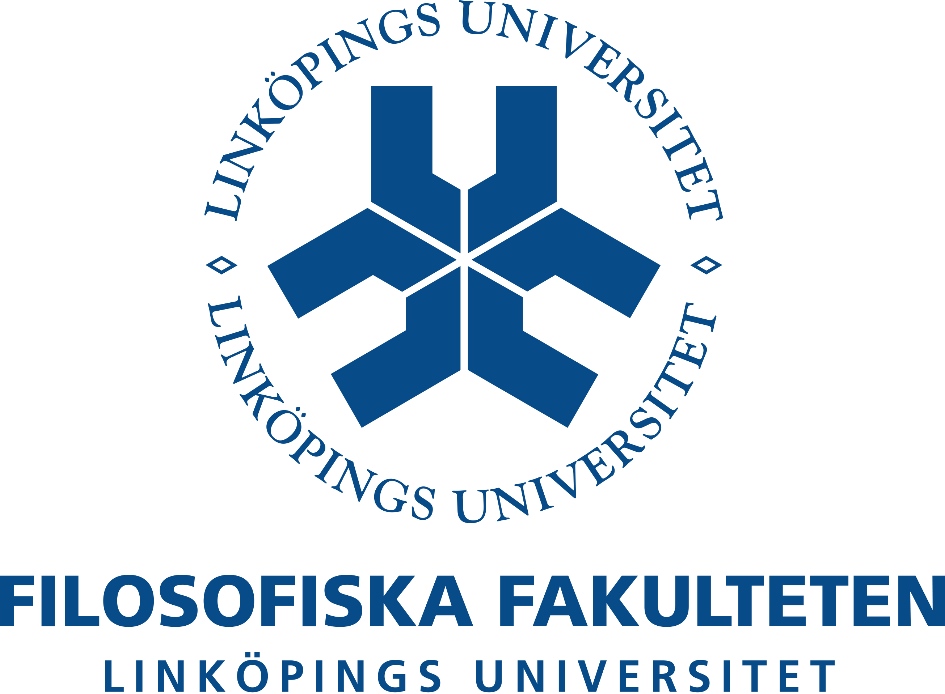|
|
| |
| KURSPLAN |
| Comparative Political Economy of Innovation, 5p |
| |
Kurskategori Single Subject Course
Huvudområde Teknik och social förändring - TSE
Ämnesområde
|
|
Kurskod |
|
HINX30 |
|
| Mål |
In this course, students examine innovation within different economic and political systems. They use comparisons between nations and regions to explore how firms, governments and other organisations interact in different systems of innovation. Their investigations focus on two main issues. The first is the relationship between different institutional settings and the innovation process. Students consider, for example, how different public technology policies or financial systems influence processes of innovation. The second focus is on the effects that different patterns of innovation have on economic performance.
Students acquire and develop, for example, an essential
understanding of relations amongst high technology, product or
process innovation, employment .and economic prowth.
The course thus addresses crucial issues for engineers,
economists and mangers as well as public policy-makers. It is
offered to both Swedish and international students |
| Kursinnehåll |
(1) Technological Change and Economic Growth
This section addresses a broad social and economic context within which firms act. It leads us into questions such as the institutional framework of different countries and which types of technologies and products create new jobs and economic growth in general.
(2) Systems of Innovation and Networks
This section uses the different perspectives already discussed in order to ask why and how regional vs. national vs. international contacts between firms and groups of firms and their institutional context can be important. This importance can vary in relation to institutional contexts. For example, this approach would allow us to compare "East Gothia region" (Östergötland) with Silicon Valley and Kista. This is relevant both for asking how firms can or should act in different areas as well as for understanding the different faces of capitalism. |
| Undervisning/Arbetsformer |
| Teaching takes the form of lectures and discussion seminars. The teachers are also active in the department of Technology and Social Change. Visiting scholars and practitioners in business or public organisations may also give guest lectures. The course will be given in English. |
| Examination |
The course culminates in a written examination. In addition, all course members are expected to participate actively in seminar discussions.
Students who have twice failed an examination that covers either a part of the course or the whole course may demand that another faculty member determines the grade for them.
Those who have passed an examination may not retake it in order to improve their grades.
Studerande som ej blivit godkänd vid ordinarie examinationstillfälle erbjuds normalt ytterligare fyra extra tillfällen enligt denna kursplan, varav ett i nära anslutning till det första examinationstillfället.
Studerande som underkänts två gånger på kursen eller del av kursen har rätt att begära en annan examinator vid förnyat examinationstillfälle.
Den som godkänts i prov får ej delta i förnyat prov för högre betyg. |
| Förkunskap |
|
| Betyg |
|
| Kursbevis |
| Kursbevis utfärdas av filosofiska fakultetsnämnden, efter begäran av den studerande. Begäran om bevis ska göras på särskild blankett som finns att hämta på Centrala studerandeexpeditionerna eller via http://www.liu.se/gf/studc/examen/ . Blanketten lämnas till StudentCentrum |
| Kurslitteratur |
| Lista över kurslitteratur
fastställs av ansvarig institution/motsvarande |
| Övrigt |
Planering och genomförande av kurs skall utgå från kursplanens formuleringar. Den kursvärdering som skall ingå i varje kurs skall därför behandla frågan om hur kursen överensstämmer med kursplanen.
Kursen bedrivs på ett sådant sätt att både mäns och kvinnors erfarenhet och kunskaper synliggörs och utvecklas. |
| |
Comparative Political Economy of Innovation
Comparative Political Economy of Innovation |
| |
| Kursansvarig är:
Tema - Institutionen för Tema |
| |
|
|
|
|
|
| Dnr: 102/05-41 |
|
Kurskod: HINX30 |
|
|
|
| |
|
Provkoder: (se
förteckning i
LADOK) |
|
|
|
| Ämne: Teknik och social förändring - TSE |
|
|
|
|
|
| |
|
|
|
|
|
| Nivå |
|
Utbildningsnivå |
|
|
Ämneskod |
|
Utbildningsområde |
|
| C-D |
|
|
|
|
TSE |
|
SA |
|
|
Fastställd av styrelsen vid Tema - Institutionen för Tema 2005-05-09 på delegation av filosofiska fakultetsnämnden.
|
|
|
